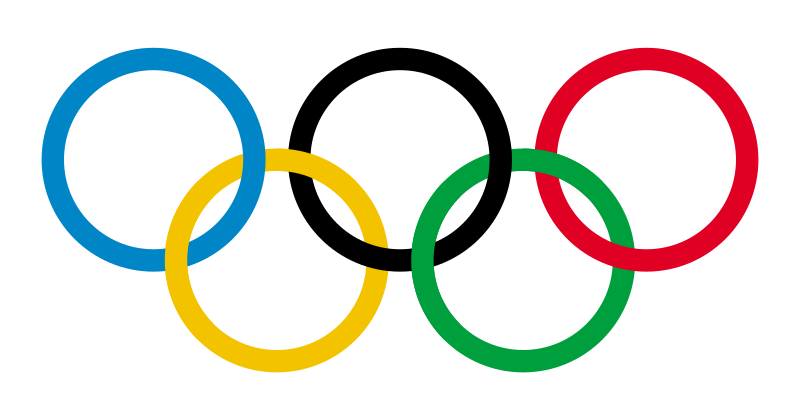Evolution of the Olympics
Five new sports officially added to the 2020 Tokyo Olympics and possible breakdancing in the 2024 Olympics, Hanah Kitamoto ’22 explains how the picture of the Olympics changes throughout the years.
March 15, 2019
The definition of the Olympics is different depending on who you ask. For me, the definition is simple. A series of competitive sports with athletes competing against each other to see who is the “best” in the world. Today, very few sports are competing to be the fastest. The Tokyo 2020 Olympics are coming up next year and with five sports officially added to the next summer Olympics, some may wonder if it’s a good idea. By adding more sports to the Olympics it could slowly change the impression of the Olympics in a negative way.
Throughout the years, more and more artistic sports are being added to the Olympics. Artistic sports, such as figure skating, skateboarding, rhythmic gymnastics and sports that don’t compete by time or measurement. Back in 1896 when the first Olympics occurred, there were a total of nine games in the Olympics. Some of these sports included the ancient Olympic pentathlon, javelin and discus throw, and diaulos which is better known as the 400-meter dash today.
For the 2020 Olympics, there are 33 games which include not only competitive running and throwing sports, they include the artistic sports. Even though all are considered as sports, these sports fall into the artistic sports category. These sports are not based on how fast you run or how far you throw something, it is based on your technique, performance, musicality, creativity, and personality. These factors builds up a score for the athlete which gets ranked based on how high the score is. The athlete who received the highest score wins. The scores for the artistic sports are more inconsistent and can vary in between judges and could be complex when scoring.
For example, in figure skating, there are certain requirements on how long your performance has to be and the types of spins and step sequences you’ll need to put in your routine. If any of these are not followed, points are taken off of your score. Depending on the difficulty of the technique, if the athlete successfully complete a high difficulty skill, then even if they fall or mess up on a few spots during their routine, there is a possibility of getting a higher score than someone who may have successfully completed all of their low difficulty techniques.
On the other hand, in sports that are competed by times are far more consistent and more accurate. Time will never lie and it’s easier to rank people and more obvious to see who won. Whoever won is identified as being the strongest and fastest in the race which is the right way to crown a person as the “best” in the world. Instead of getting points by the judges, it’s more competitive and reasonable to compete by time and it’s keeping the traditions from the original Olympics.
Overall, adding sports to the Olympics isn’t a bad idea in terms of making the Olympics more diverse, but the Olympics is losing the competitiveness and we should limit the amount of sports being added to the games.
